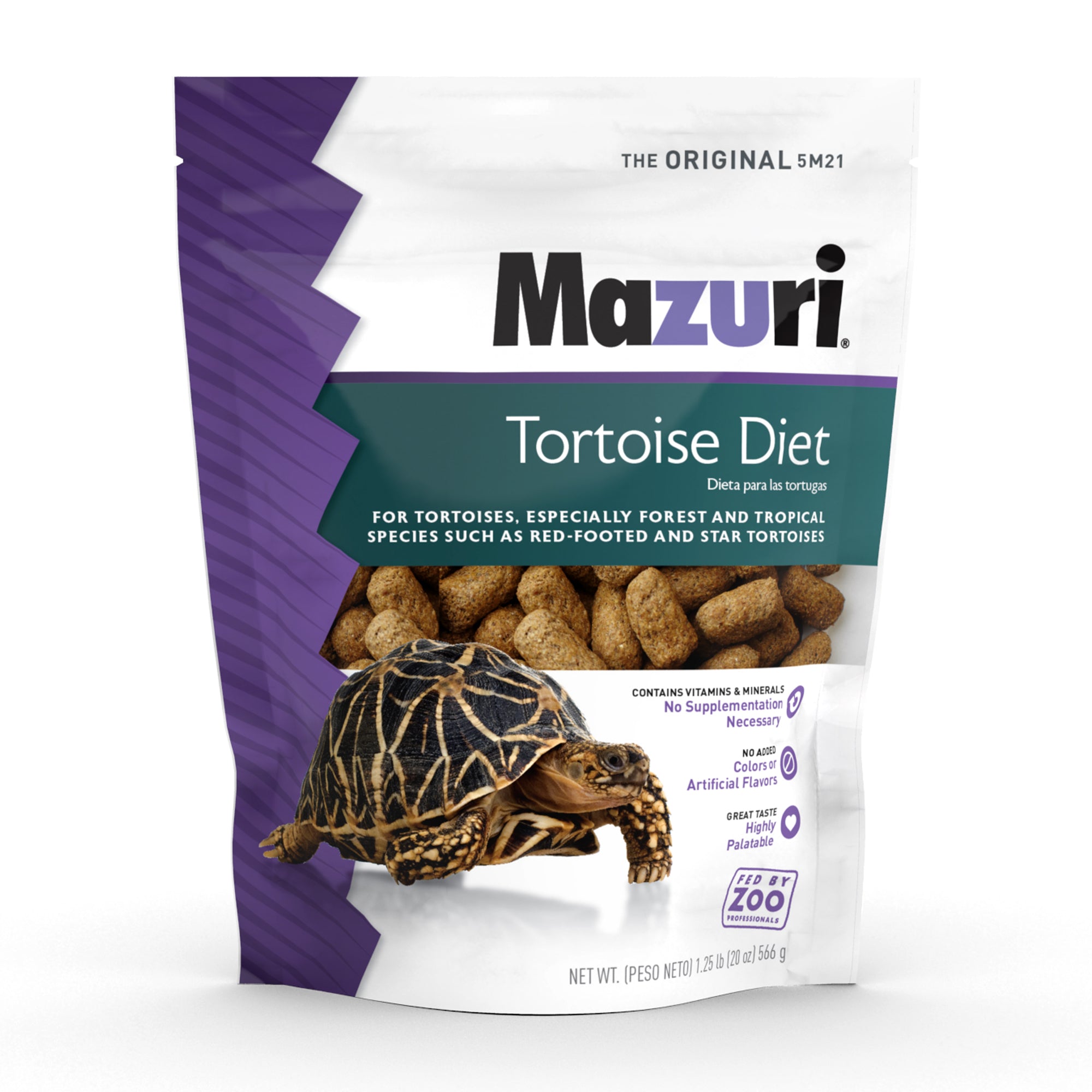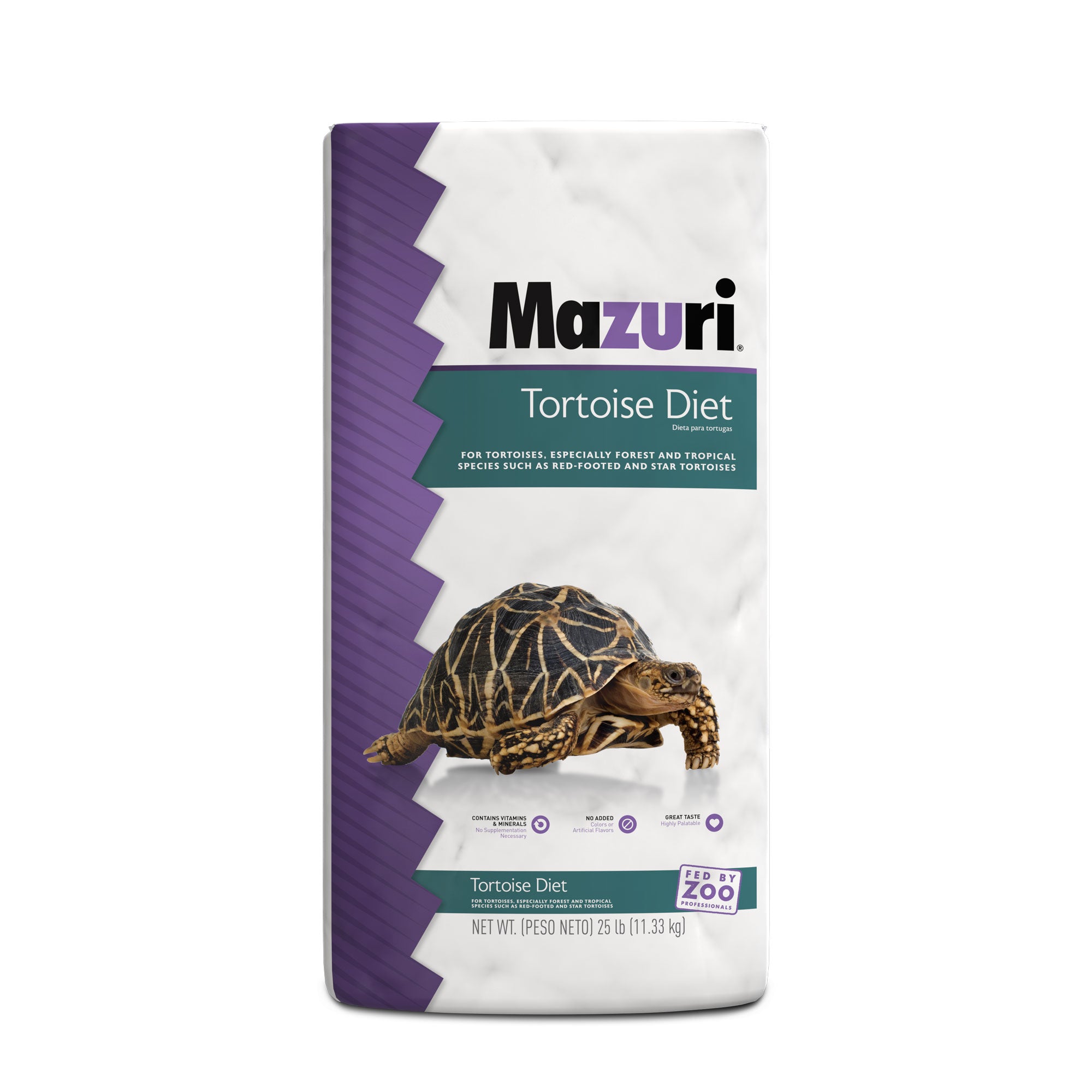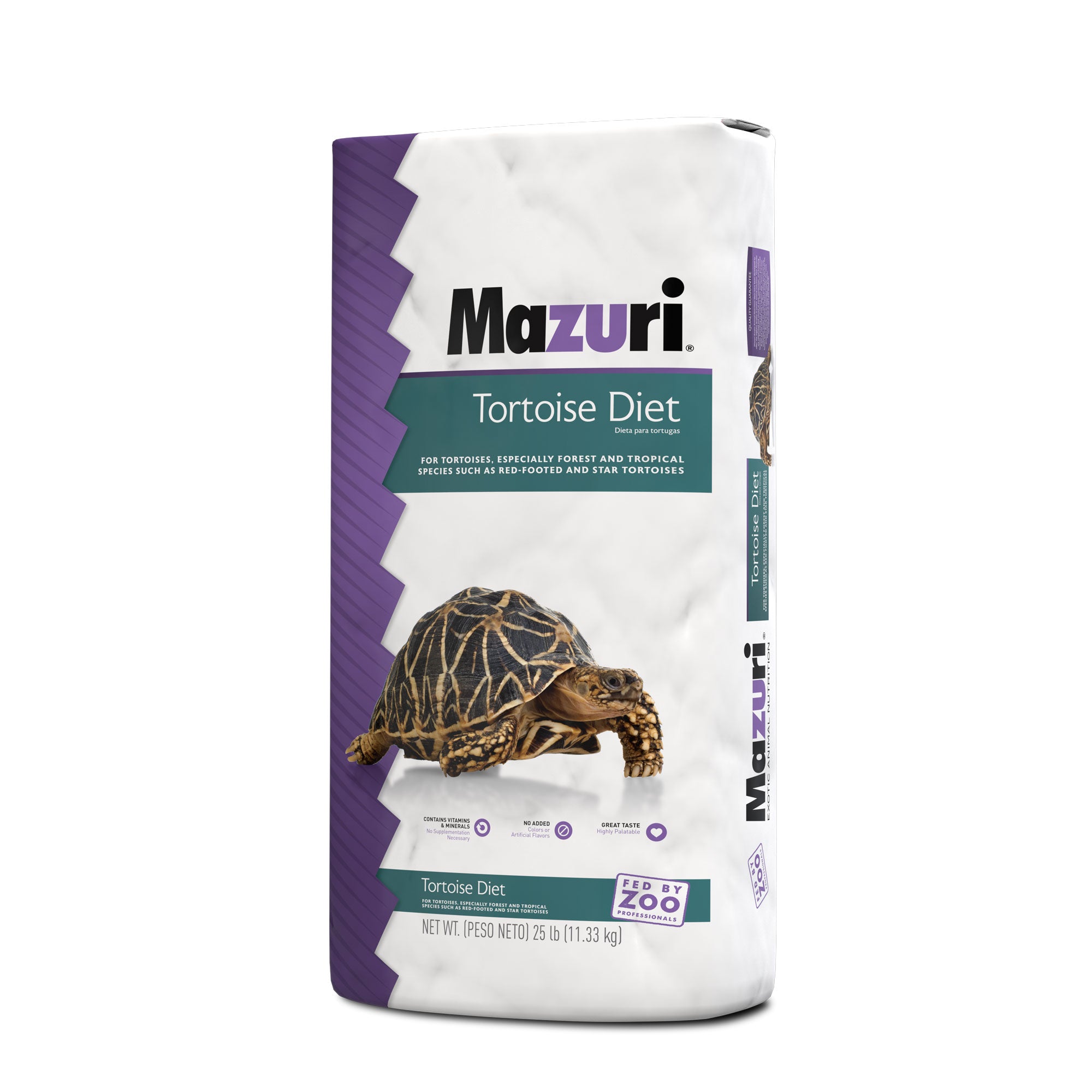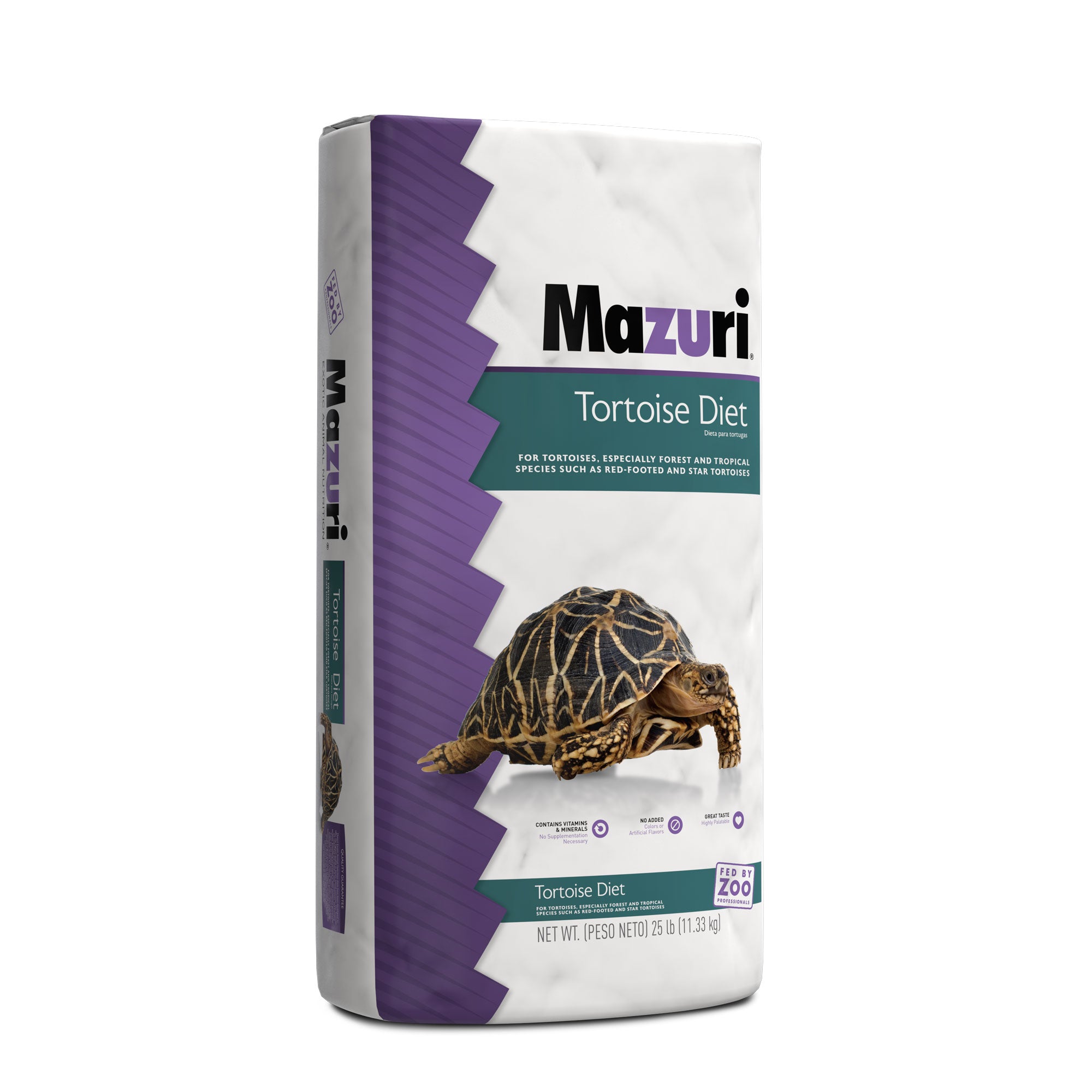Every exotic animal deserves the right nutrition
| Crude protein not less than Crude fat not less than Crude fiber not more than Moisture not more than Ash not more than |
15.0% 3.0% 18.0% 12.0% 8.0% |
Ground Soybean Hulls, Ground Corn, Dehulled Soybean Meal, Ground Oats, Wheat Middlings, Cane Molasses, Dehydrated Alfalfa Meal, Wheat Germ, Dicalcium Phosphate, Soybean Oil, Brewers Dried Yeast, Calcium Carbonate, Salt, DL-Methionine, Choline Chloride, Pyridoxine Hydrochloride, d-Alpha Tocopheryl Acetate (Vitamin E), Cholecalciferol (Vitamin D3), Biotin, Menadione Sodium Bisulfite Complex (Vitamin K), Calcium Pantothenate, Manganous Oxide, Zinc Oxide, Ferrous Carbonate, Vitamin A Acetate, Preserved with Mixed Tocopherols, Folic Acid, Riboflavin Supplement, Rosemary Extract, Nicotinic Acid, Vitamin B12 Supplement, Thiamine Mononitrate, Citric Acid (a Preservative), Copper Sulfate, L-Lysine, Zinc Sulfate, Calcium Iodate, Sodium Selenite, Cobalt Carbonate.
- Feed approximately 2-4% of body weight.
- It is not necessary to moisten pellets with water, though it may help acclimate animals to the diet.
- Feed consumption will vary with environmental temperatures, activity and lifestage.
- Provide good quality grass hay or browse.
- If desired, feed fresh fruits and vegetables.
- At most 5% fruit and 20% vegetables by weight of total diet.
- Always provide animal with plenty of fresh, clean water. Proper humidity levels are also critical for
health and proper growth of herbivorous reptiles.*
*Relevant research information:
Wiesner, C.S. and C. Iben, 2003. Influence of environmental humidity and dietary protein on pyramidal growth of carapaces in African spurred tortoises (Geochelone sulcate). JAPAN. 87:66-74.
Ask Our Experts
Get nutrition advice you can trust from experts who understand the unique nutritional needs and behaviors of your exotic animals.
Get Advice



